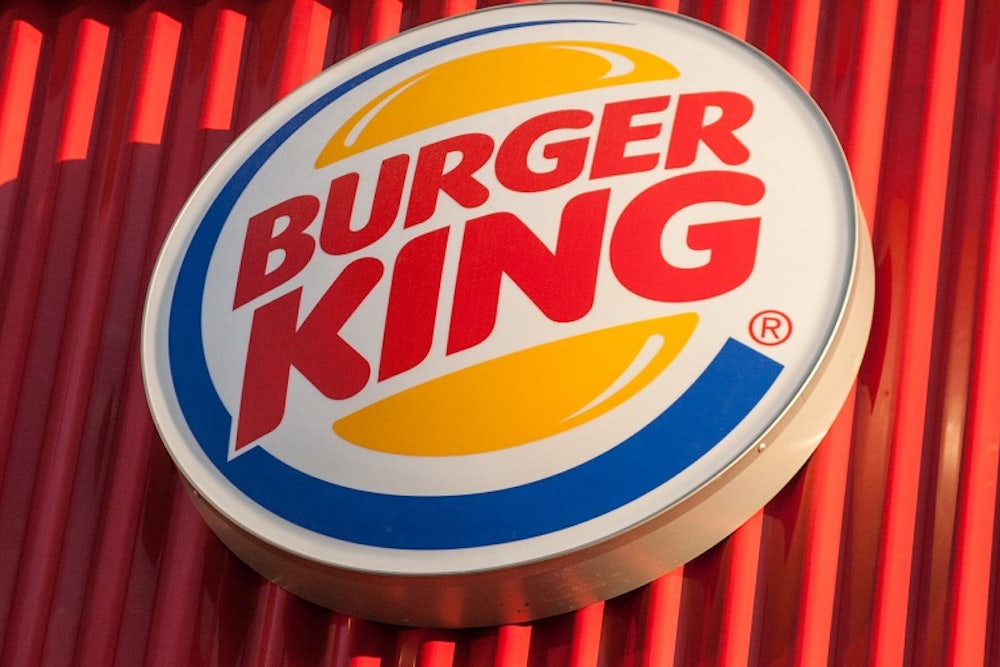The Wall Street Journal reported Sunday evening that Burger King is seeking to buy Tim Horton’s, the Canadian coffee and donut chain, to lower its U.S. tax bill.
You may be wondering, how does Burger King reduce its tax liability by purchasing a Canadian fast food company? The answer is that the deal is structured as a “tax inversion” which allows Burger King to switch its official tax jurisdiction from the United States, where the federal corporate tax rate is 35 percent, to Canada, where it is 15 percent. Presto! Burger King’s tax bill is suddenly much lower.
If it sounds ridiculous that an American company can purchase a foreign firm and suddenly avoid the U.S. corporate tax system, that’s because it is. Under current U.S. tax law, if the American company transfers 20 percent or more of its shares to the foreign firm, it can switch its official tax jurisdiction. It doesn’t matter that the vast majority of the shareholders are still American. Or that the management and control of the company remains in the U.S. Or that in making the deal, nothing about the company actually changes. You would still be able to grab a Whopper for lunch. Its thousands of American workers will all still have their jobs. But Burger King will have opted out of the U.S. corporate tax system.
It’s not fair to pick on Burger King alone for using this loophole since it is just one of many U.S. firms doing so. In fact, this is the year of the tax inversion, as this graph from Goldman Sachs shows (via Business Insider):

These deals have infuriated many members of the Democratic Party, including President Barack Obama who condemned them in an interview with CNBC’s Steve Liesman in July. “For you to continue to benefit from that entire architecture that helps you thrive,” he said, “but move your technical address simply to avoid paying taxes is neither fair, nor is it something that's going to be good for the country over the long term.” Treasury Secretary Jack Lew has also called on Congress to close the loophole.
But that’s unlikely to happen. Republicans want to address tax inversions through comprehensive tax reform, not through an individual bill. Both parties agree that the corporate tax system needs to be reformed. In fact, they both want to lower the 35 percent rate. But that’s all they agree upon. Democrats want to increase revenues through reform while Republicans want any changes to be revenue neutral. In years past, the fact that both sides want to lower the official rate could allow them to compromise. Now, increased polarization and Congressional gridlock almost ensure that won’t happen.
Does that mean more and more firms will be able to use inversions to avoid U.S. taxes? Not necessarily. Obama has asked his staff to look into ways that he can take unilateral action to discourage firms from using the loophole. It’s unclear what exactly he could do. One possibility would be to ban any firm that uses an inversion from receiving a federal contract. Former Treasury official Stephen E. Shay has also suggested ways that the Treasury Department could reduce certain incentives for companies to invert. (For the full details on that, read Shay’s proposal.)
If Obama is going to make a move, he’s likely do it the near future. As you can tell from the graph earlier, very few of these inversions are complete yet, meaning that Obama could potentially close the loophole before U.S. firms capitalize on it. And make no mistake, more American firms will try to turn in their American citizenship in the upcoming months. So far, the majority of firms using inversions have been health and pharmaceutical companies. Burger King is one of the first consumer-facing firms to use the strategy. If others decide to follow its lead, the pressure on somebody to act will increase substantially.
